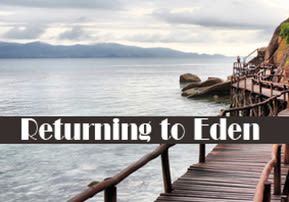
Shmini: Returning to Eden
For a relationship to work, we need the flexibility of water. When we are too fixated on the way we expect things to be done, we get into confrontations.

Parshat Shmini
A central theme in Parashat Shemini is immersing in the mikvah (ritual bath), which is one of the three primary mitzvoth designated for the Jewish woman, in addition to the challah offering and lighting the Shabbath candles. Immersing in a mikvah has the power to change the status of either a person or a vessel by spiritually purifying it. Rabbi Aryeh Kaplan explains in Waters of Eden that the purpose of the mikvah is to bring us back to the Garden of Eden, from where we were expelled when partaking from the Tree of Knowledge. Immersing in the mikvah enables us to rise from the fallen state caused by eating from the Tree of Knowledge and to reconnect us with the perfected state of Eden. An allusion to this is found in the word mikvah (mem, kuf, vav, heh) which has the same Hebrew letters as the word koma (kuf, vav, mem, heh), meaning “rising” or “standing tall.” Since human mortality is also a consequence of our fallen state, returning to the Garden of Eden requires purification from everything associated with death by immersing in the mikvah. Coming to the Holy Temple and entering the sacredness of marital intimacy are ways to reenter the Garden of Eden in a spiritual sense. Since menstruation is related to death as it implies the loss of potential life, the Torah requires the Jewish married woman to purify herself spiritually after her monthly period. By immersing in the waters of the mikvah, she prepares herself for marital relations – her personal return to Eden.
THE MIKVAH REPRESENTS THE WOMB
Rabbi Aryeh Kaplan explains that the mikvah represents the womb. When a woman enters the mikvah, it is as though she returns to the womb, and when she emerges, she is born anew. Converts undergo a similar process. They must immerse in a mikvah to become reborn as Jews. Since the womb represents the quintessence of womanhood, in Judaism, the woman embodies spiritual renewal through her immersion in the mikvah following her menstrual cycle, which marks both the end and beginning of a new reproductive cycle of conceiving potential life.
The process of motherhood trains the woman to overcome her ego, the essence of inflexibility. It was this ego that made the first woman susceptible to the seduction of the serpent tempting: “…and you shall be as the gods…” (Bereishit 3:5) The desire to “be as the gods” is expressed as compulsion for the stability of being in control. Raising children gives us the ability to retain our flexibility and willingness to undergo personal change and renewal. This is parallel to immersion in the mikvah, which expresses willingness to focus on something greater than ourselves, and thus enables us to emerge reborn. In this way, we connect with the source of Life that allows us to return to Eden in a spiritual sense.
RELATIONSHIP LIKE WATER
The word mikvah is associated with water as in “a gathering of water” (Vayikra 11:36). Water is fluid and embodies the essence of impermanence and flexibility. It will move to leave room for any object placed in its midst. This is similar to the woman who, on a physical level, every month creates the beginning of a new being. This potential life is either expelled through her monthly cycle, or implanted in her womb, which she expands to encompass the needs of her unborn child. On an emotional level, as mothers, our little ones constantly teach us to adapt and remain flexible.

For a relationship to work, we need the flexibility of water embracing whoever immerses in it. When we are too fixated on the way we expect things to be done, we get into fights and confrontations. Letting go of expectations allows us to adapt to the needs of others and merge with them. The ways of womanhood teach us to become naturally inclined towards flexibility. Pregnancy, childbirth and childrearing all contribute to our ability to make room for another human being. Perhaps this is why women associate with the waters of the mikvah. We have been blessed with the ability to bring the experiences of our life cycle into our relationships and teach ourselves, our spouses and children to overcome egocentric attitudes and behavior.
If I want to get any work done while I care for my baby, I need to move quickly from task to task, so I can keep him interested and amused. I hang the laundry outside where the birds sing and the grass grows. Then I swish the water on the soapy dishes, followed by the bumpy walk to check the mailbox, and back to the kitchen sink scrubbing colorful vegetables. To keep my child happy, I need to let go of the satisfaction of getting a job completely finished by a certain time. I have to be spontaneous and “go with the flow.”
MERGING THE MAN-MADE WITH THE DIVINE
“Nevertheless a fountain or pit, where in there is a gathering of water, shall be clean…” (Vayikra 11:36) From this verse the laws of the mikvah are derived. The word “ma’ayan,” which means fountain or spring, teaches that the water of the mikvah must be natural. From the next word, “bor” meaning pit or cistern, we learn that the receptacle for the mikvah can be manmade. The word “mikvah” itself means gathering. Thus, the mikvah gathers and connects the natural water created by Hashem with the manmade. It is also a woman's task to connect the manmade with the Divine. While carrying life within her, she becomes G-d's partner in creation. By taking good care of herself during pregnancy, she nurtures the baby, which G-d granted her. Similarly, she becomes a partner with G-d in the creation of her home. Besides furnishing and decorating it, through the mitzvah of Shabbath candles, she allows Divinity to permeate her home. Her mitzvah of taking challah elevates the Divine sparks contained in the food, which she cooks. By immersing in the mikvah, she brings G-d into her relationships, and thereby sanctifies her family life.
***
Rebbetzin Chana Bracha Siegelbaum is Director of Midreshet B’erot Bat Ayin in Gush Etzion. This article is an excerpt from her book Women at the Crossroads: A Woman’s Perspective on the Weekly Torah Portion, reviewed by The Jerusalem Post, The Jewish Press, Voices Magazine, Good Reads, and WordPress/JewishPress and more. To order this book, click here.



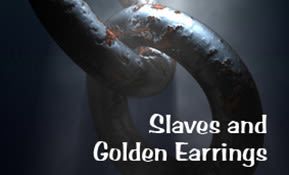

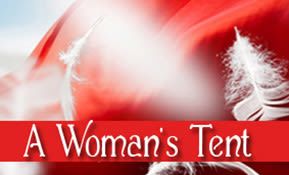

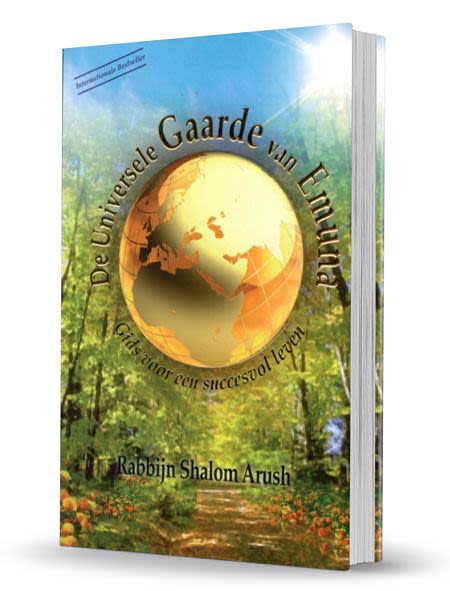
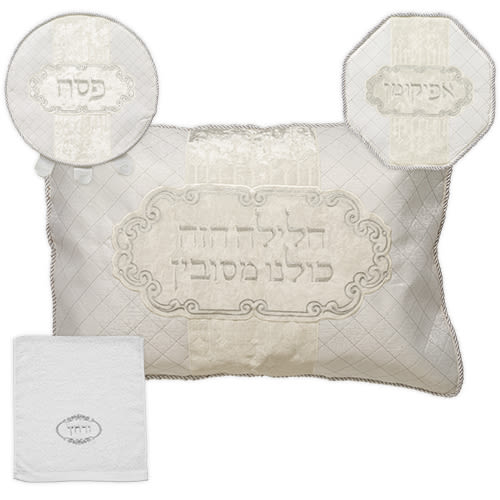
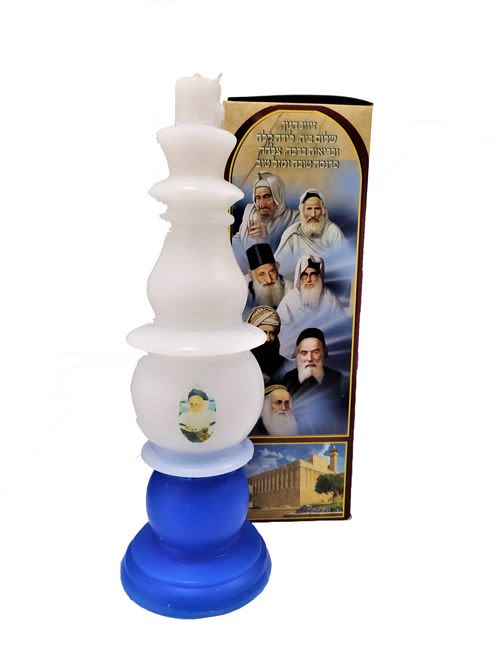
Tell us what you think!
Thank you for your comment!
It will be published after approval by the Editor.